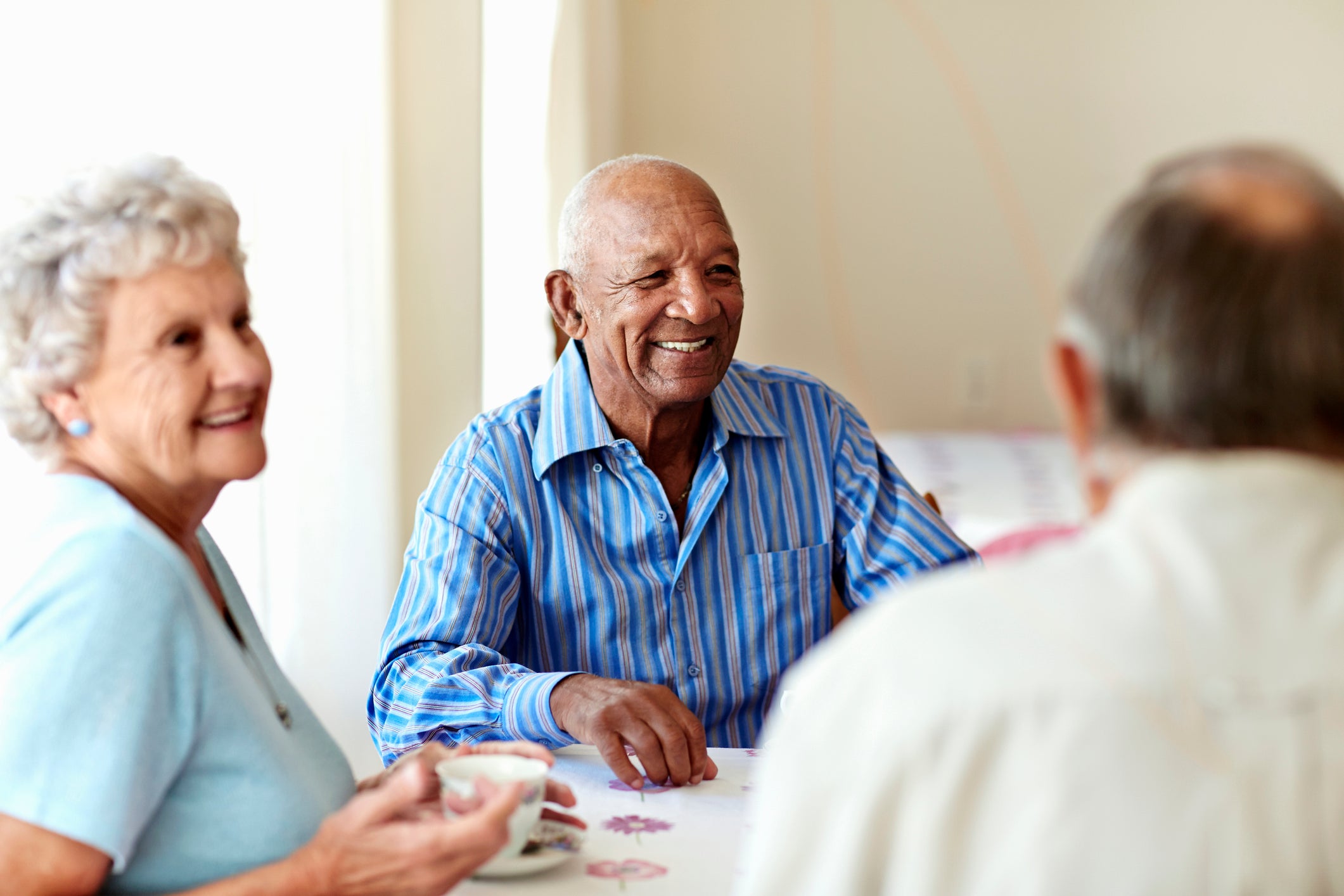Over a third of Britons admit to discriminating against people because of their age
People in thirties most guilty of using ageist language

More than a third of Britons (34 per cent) have admitted to having discriminated against people as a result of their age, new research finds.
Researchers surveyed 4,000 UK adults for a study titled the Ageist Britain report and analysed thousands of tweets and blog posts in the UK to find out the realities of ageism in Britain.
Their findings showed that one in 30 people admit to regularly discriminating against age, while more than one in ten say they aren’t aware if they’ve discriminated against people because of their age.
According to the study, ageism is more likely to take place at work (31 per cent), in shops (6 per cent) and on public transport (10 per cent).
People in their thirties are most guilty of using ageist language, with almost half (48 per cent) stating that they have been ageist at some point. Individuals in their twenties are also twice as likely (46 per cent) to have discriminated against someone based on age compared to someone in their 70s (20 per cent).
According to AGE UK, ageism is when someone treats you unfairly because of your age.
“It can also include the way that older people are represented in the media, which can have a wider impact on the public’s attitudes,” the organisation states.
The study also showed that more than half of the study’s participants aged over 50 believe that ageist language is unintentional (58 per cent). However, the majority admit that it has left them feeling less valued (68 per cent), unhappy (60 per cent) and alienated (52 per cent).
When it came to analysing social media posts, the research showed that more than 2,400 ageist terms were used during a seven day period, with phrases such as “old fart”, “grumpy old man/woman”, and “old hag” being among the most prevalent – the latter of which the survey deemed to be the most offensive term overall.
Other common terms that were found on Twitter and in blogs included “ladies/gentleman of a certain age”, “bitter old man/woman” and “little old lady/man”.
Ian Atkinson, director of marketing at insurance company SunLife which conducted the research, said: “We want our report to encourage people to reconsider the language they use and their views of life after 50, especially given there is also evidence that ageism can impact people’s mental health, hasten the onset of dementia and even shorten their life expectancy.
“People are too quick to speak without thinking of the consequences of their language. Often, offence isn’t intended, but it can have a massive impact on the people it is aimed at. By raising the profile of this taboo, we set out to start the movement to remove it from the nation’s vocabulary.”
The report also found that the use of ageist language varies depending on region in the UK.
Most people living in Southampton admitted to having been ageist at some point than all other cities included in the research – at 46 per cent, more than double the number of those in Bristol (20 per cent).
In addition, those aged over 50 and living in the West Midlands (42 per cent) and Yorkshire (41 per cent) believe ageism is getting worse, more so than in any other UK region.
TV presenter Carol Vorderman, who worked with SunLife on the research, added that ageism is one of the “final taboos to smash through” in Britain.

“Society has changed, and this kind of ageism is something from the last century, not this one,” she stated.
“Interestingly, it says a lot about the nature of the person saying it. It’s a privilege to live a long life, ask those who have suffered a loss of someone they love at an early age.”
Join our commenting forum
Join thought-provoking conversations, follow other Independent readers and see their replies
Comments
Bookmark popover
Removed from bookmarks